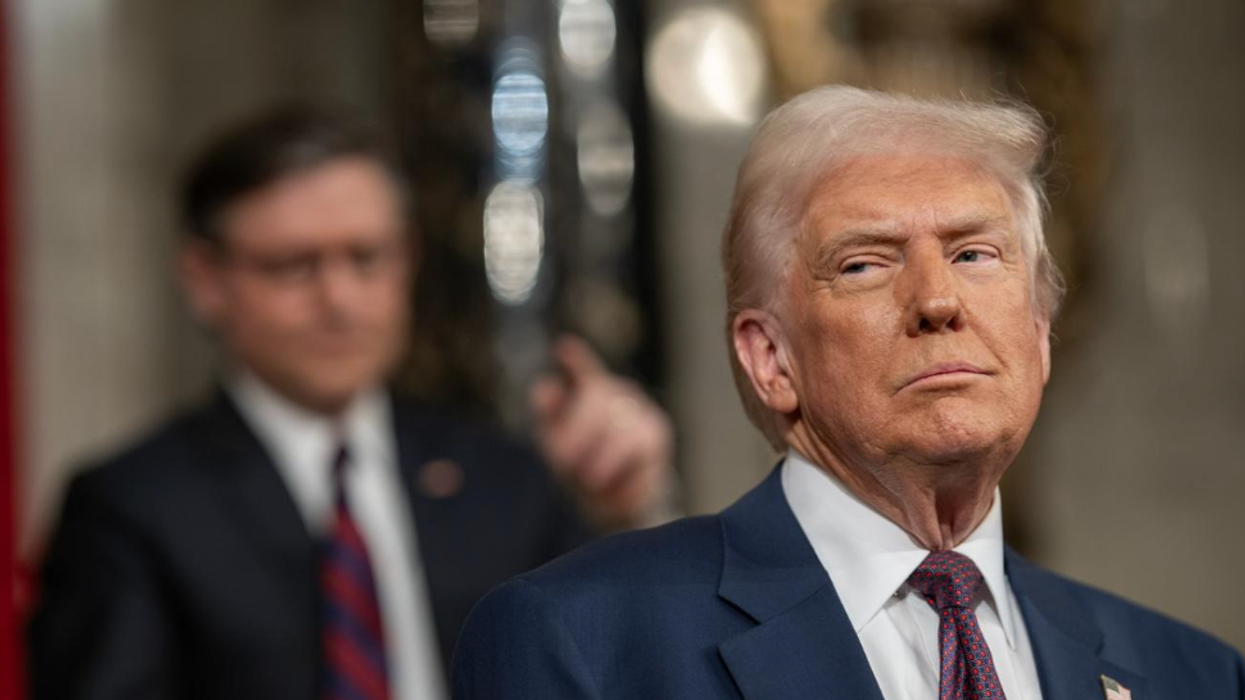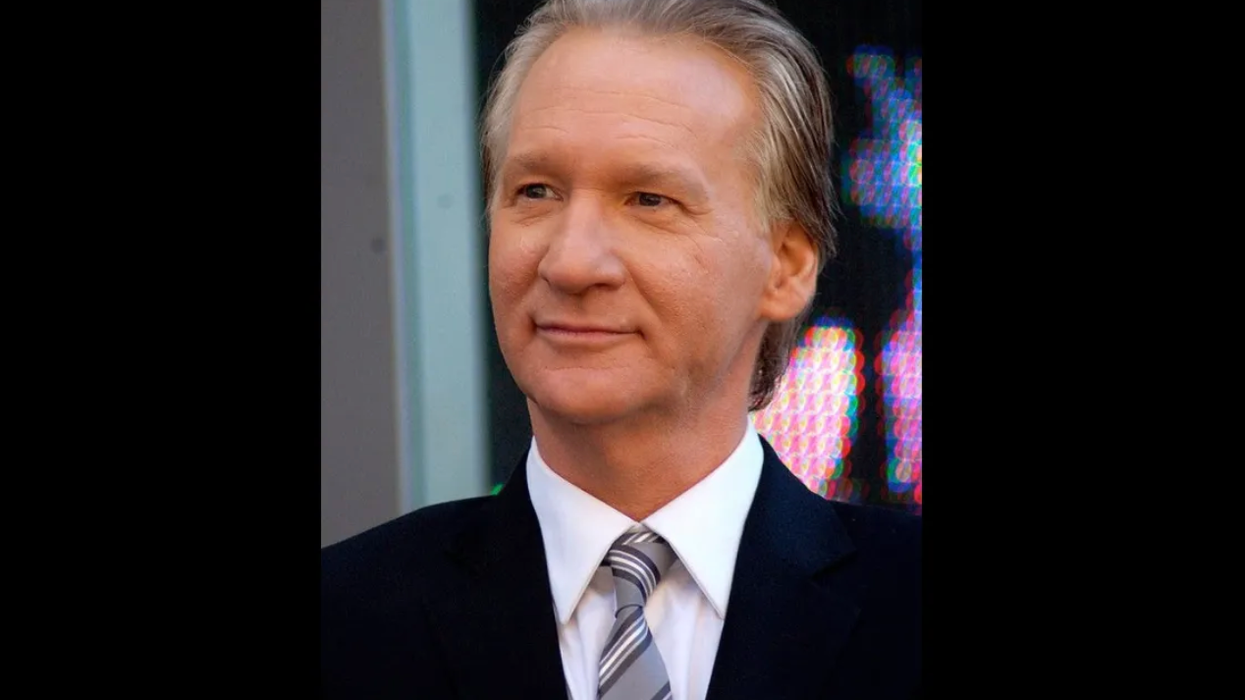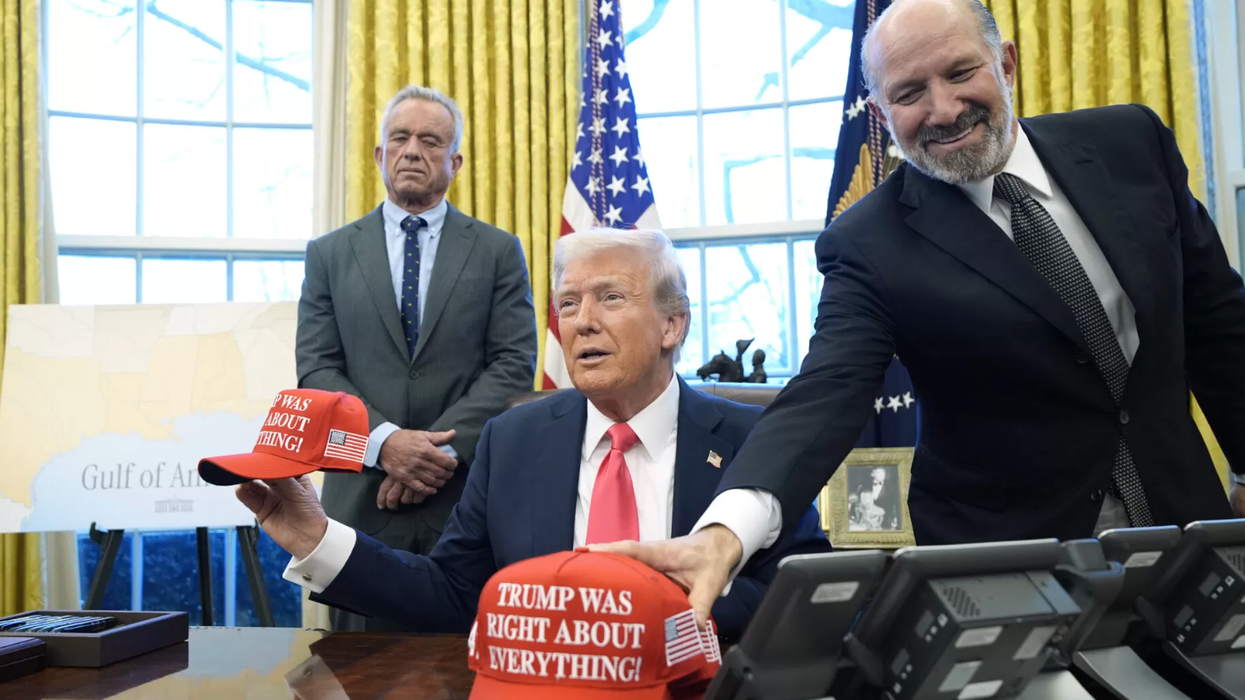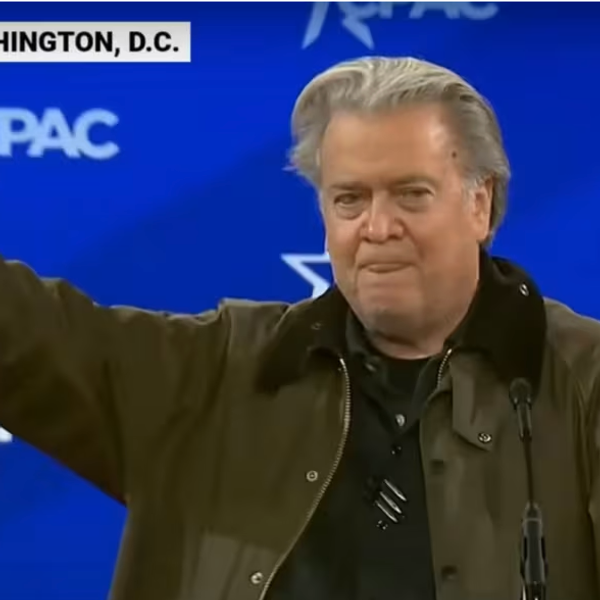We Can See Trump's Economic Agenda Now -- And It Won't Work
At this point, it’s clear to see that the Trump administration, along with their Congressional allies, who sit on their hands when told (tariffs) and raise them when told (the budget bill), are aggressively and successfully implementing a big, new economic agenda. As I’ll describe, it won’t work. It’s wrongheaded, ill-founded, and will hurt the people they said they want to help.
But before we get into that, I will give them this: they’ve been remarkably successful at moving policy through a clunky, incalcitrant political system, in part because they’ve legislated none of it so far (should it pass, the budget bill will be their first big piece of economic legislation; their crypto/stablecoin bill is stuck in the House, though this too is part of the plan, as I note below).
When I say “remarkably successful,” I mean the rest of us should learn from them. I’ve spent many years in gov’t, including in the Obama and Biden admins, and we self-imposed infinitely more barriers on what we wanted to do then the Trumpies (the same could be said for any admin since FDR, though he, of course, went the legislative route, one the Trumpies avoid). Basically, when a lawyer said “can’t do that,” or a political adviser said, “can’t go there because X won’t like it,” we listened.
Not these folks. They just do what Trump wants, and if the courts or some constituent group doesn’t like it, too bad. Their relentless energy to jam through their agenda, evil as it is, is a site to behold. I keep thinking, what if we did this with higher minimum wages, or abortion rights, or gun control, housing and child care, etc.?
I don’t want to overstate this case. Of course, exec orders can be and are flipped on day one by a new admin. And, as a naturally cautious, risk-averse dude, I’m sympathetic to measure thrice, cut once, vs. the Trumpies, “don’t measure! Cut!” But Ds need to learn some boldness from these folks about implementing your agenda.
Okay, with that off my chest, let’s look at their economic agenda, which is now in plain sight.
—Reduce global trade in order to reduce the trade deficit and reindustrialize U.S. industry. This one will fail for many reasons. First, they mistakenly view any trade imbalance as evidence of someone ripping us off, which is no more valid than arguing your grocery ripped you off when you willingly shopped there. Second, it’s too late to unscramble the globalization omelet: almost half of our imports are inputs into our own domestic manufacturing, which is why trade wars hurt, not help, domestic production. Third, there will be no reindustrializing. Even countries with persistent trade surpluses have their manufacturing job shares in decline.
What will happen instead is higher prices for imports, some new revenue from the tariffs, some protected industries, like steel, doing better than they would have otherwise, though at the expense of other industries that buy tariff-induced, now-more-expensive outputs. Growth will, on net, be a bit slower for a time (assuming they eventually set the tariff rate and stick with it, a strong assumption), and inflation and interest rates higher for a time as well.
—Deport undocumented immigrants for the crime of being undocumented. I’ve had the misfortune of hearing Stephen Miller talk about the economics of this plan, which suggests he stuck with econ 101 for a few weeks and bailed too soon. His idea is that if we reduce the supply of labor by kicking out undocumented workers, employers will have to pay more to domestic workers.
This won’t work either. That is, as the figure shows (from Axios this AM), it will work in reducing net immigration, and, as I’ll discuss below, border control is a highly legit goal (of course, this goes way beyond that). But it will hurt the economy. For one, reducing labor supply is a negative for growth, one which will especially pinch in sectors like construction, health care, restaurants, meatpacking, hospitality services. For another, and this is a flaw in Miller and many others’ understanding of these dynamics, immigrants don’t just bring supply. They also bring demand.
With the push against immigration, "the economy will find itself slightly diminished in the long run and inflation will run a touch higher," economist Bernard Yaros writes in a report for Oxford Economics…
“The arrests cast a shadow over the local economy. Restaurant tables emptied. Kitchen workers stayed home. Fruit vendors disappeared from the streets. The number of shoppers at stores shrank, and those who still went didn't linger for long…"
"That means crops are not being picked and fruit and vegetables are rotting at peak harvest time," farmers and farmworkers told Reuters.
—Gut the safety net to very partially offset large tax cuts for the wealthy. This one is quite different from the first two because it explicitly and demonstrably hurts working class people (the above two do so as well, but as second-order effects; this one is first order). Here we have Trump in traditional R mode, passing a deficit-financed budget with which Reagan and the Bushes would be very familiar. But even they would be, like, “Wait up, Donnie. We always gave a few crumbs to the bottom end so we could say we we were helping everyone. We gave a little to the poor and a lot to the rich; we didn’t take from the bottom to give to the top.”
Like everything else here, it won’t work in terms of helping working class people because trickle-down never works. It will “work” in terms of enriching their traditional donor class. It it is also likely to eventually raise interest rates, potentially making debt service a much heavier lift than we’ve seen before (as we argue in a new paper, out soon).
—Block the production of renewable energy. This couldn’t be clearer in the big, stupid bill, and it’s so ridiculous that even traditional Rs like the Chamber of Commerce and energy companies that recognize renewable energy production is part of their and our futures don’t get it. It seems to be driven wholly by Trump’s nostalgia for coal and distaste for wind turbines blocking his view.
It won’t work in the sense that it will cost jobs, make energy more expensive, and slow us down in the global AI race.
There are other cats and dogs I won’t go into. A big one is compromising Federal Reserve independence. Kings don’t like independent Fed chairs, but this one will also backfire bigtime. History is clear that loss of central-bank independence is inflationary. (Jason Furman and I had a good talk yesterday about this and much of the rest of the above, here.) They’re also trying to normalize crypto and integrate it into the larger financial system. To say “that won’t work” is an understatement. Depending how far this highly volatile asset with zero use cases integrates into the system, it’s a future financial crisis in the making.
Also, as noted, controlling the border is, by definition, integral to having a country. And unfair trading partners exist. IOW, there are germs of truth in those parts of the agenda, but, and this is an aspect of their approach we should decidedly not emulate, they always go to the sledgehammer when the scalpel is what’s needed.
To say, as I do here, that an agenda that is in place won’t work is to make a empirical bet. I’m predicting worse growth, price, job, and interest rate outcomes than would otherwise occur. And this being economics, with millions of other variables endlessly zipping around, I could be wrong. If so—and it will take some time to know—I’ll be the first to say so. But I think and fear that I’m right.
Jared Bernstein is a former chair of the White House Council of Economic Advisers under President Joe Biden. He is a senior fellow at the Council on Budget and Policy Priorities. Please consider subscribing to his column for free at Jared's Substack.
Reprinted with permission from Substack.












Trump’s Latest Speech Is a Doozy: Proposes Alliance With Putin And Ideology Test For Immigrants
Published with permission from AlterNet
Billed as a major foreign policy speech, the Republican presidential candidate devoted most of it to fear-mongering.
In a speech billed as a major foreign policy address, Republican presidential candidate Donald Trump offered little actual foreign policy, other than to claim that in a Trump presidency, “the era of nation-building” will have ended. Instead, he criticized and often misrepresented the policies of President Barack Obama and his Democratic rival, former Secretary of State Hillary Clinton.
Introducing Trump was former New York Mayor Rudolph Giuliani, who seemed to forget that the attacks of September 11, 2001, took place during the Bush administration when he claimed that there hadn’t been “any successful radical Islamic terrorist attack in the U.S.” in the eight years before Obama became president.
Instead of policymaking, Trump devoted a chunk of his speech to emphasizing his promise to subject immigrants to the United States to “an ideological screening test.”
“We should only admit those who share our values,” he told a crowd of supporters gathered at Ohio State University in Youngstown. “I call it extreme vetting.”
He never spelled out just which of “our values” he would test for. By “our values,” did he mean constitutional values? Free-market values? Christian values? Individualist values? Would it be a test that those who are already American citizens could pass, or more like the so-called literacy tests of the Jim Crow days? He never said. He did however, give one clue: It would be like the ideology test given to immigrants during the Cold War, which was designed to screen out communists.
Trump made the pledge toward the end of his speech, after reading off a list of mass shootings and terrorist attacks committed both in Europe and the United States that were committed by Muslims. All of the shootings in the U.S. he mentioned—Fort Hood, San Bernardino and Orlando—had one thing in common, he said: “They have involved immigrants or the children of immigrants.”
Apparently, in a Trump administration, the legal immigrant parents of adults who commit illegal acts would be on the hook for the actions of their grown children. (This would require a novel interpretation of the U.S. Constitution.)
No mention was made, of course, of the many mass shootings in the U.S. by Christians and other non-Muslims. Trump is nurturing that all-important endorsement he received from the National Rifle Association, which famously went silent after Adam Lanza’s rampage at Sandy Hook Elementary School in Newtown, Conn., left 20 children and six educators dead. (Perhaps noteworthy is the fact that Steve Feinberg, CEO of the firm that owns Remington Arms—maker of the Bushmaster rifle used by Lanza—is on Trump’s economic team.)
“Those who do not believe in our Constitution, or who support bigotry and hatred, will not be admitted for immigration into the country,” Trump said, issuing a standard that Trump himself would be unlikely to meet.
The point of Trump’s address was obviously to foment fear, and to offer his authoritarian remedy, a test to determine who among immigrants believe differently than he or his followers do.
In a blatant appeal to right-wing Christian evangelical voters, Trump characterized the terrorism waged by ISIS against the West as a war against Christendom. In truth, ISIS conducts horrific violence on people of every faith—including Muslims—who are not on its team. But that didn’t stop him from claiming that ISIS “is rounding up what it calls the Nation of the Cross… for genocide.”
He reiterated his plan to halt immigration from some of the “most volatile nations in the world,” but did not name them, leaving his plan a bit elastic and arbitrary.
The Republican standard-bearer reversed course on his July declaration of NATO as an “obsolete” organization to which U.S. commitments were dispensable, taking credit for NATO’s announcement of its counter-terrorism effort, which actually appears to have been undertaken in June with the treaty organization’s appointment of an intelligence chief.
He did offer this bit of foreign policy, though, regarding his good friend, Vladimir Putin: “I also believe that we could find common ground with Russia in the fight against ISIS,” Trump said. “They, too, have much at stake in the outcome in Syria, and have had their own battles with Islamic terrorism.”
News reports from Syria say that Russian airstrikes on behalf of the murderous Assad regime are killing countless civilians—the very refugees that Trump would bar from entry to the U.S.
In the end, you could say that Trump is proposing a new foreign policy, after all—one that would ally the United States with the Russian dictator.
Photo: Republican U.S. presidential nominee Donald Trump speaks at Youngstown State University in Youngstown, Ohio August 15, 2016. REUTERS/Eric Thayer